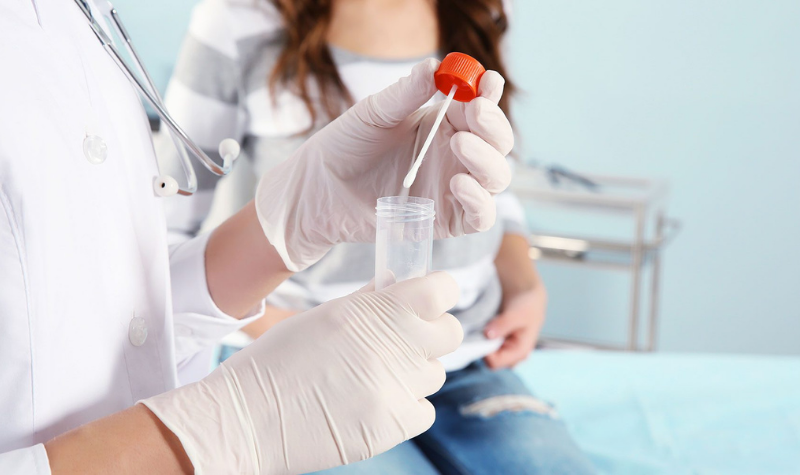Cervical Smear Tests: Frequently Asked Questions and Answers

The idea of having your first pap smear test could be fearful and for some people intimidating. People’s experience during a smear test differ, so you may have likely heard different stories about how people felt during the test, and this may not help you feel comfortable to go through with the test.
When you know the facts about a smear test, it helps you understand what to expect during the procedure, and this can make you feel at ease to go through with the test, below are answers to some frequently asked smear test question to help you understand the procedure.
Table of Contents
ToggleWhat is the purpose of a cervical smear test?
A cervical smear test, commonly called cervical screening or smear test is a simple routine test for women, which checks for HPV (human papillomavirus) infections. It also detects cervical cell changes that may develop into cancerous cells if left untreated.
What is the procedure for a cervical smear test?
You can get your smear test with a nurse or doctor in a clinic. Before the smear test, the doctor or nurse will ask you questions about your health history, and you can also ask questions about the test.
You will have to undress from your waist down behind a screen or privacy curtain, then lie with your back on an exam table while bending your knees and keeping them apart. This position gives the doctor easy access to your cervix and reduces the discomfort.
The doctor or nurse will use a speculum to open your vagina gently, then a small, soft brush to collect your cervical cell samples before sending them to the lab for analysis. You can wear your clothes and go home or go about your regular activities.
How often should I undergo a cervical smear test?
Cervical smear tests are not a compulsory health check, but medical professionals advise women below 25 years to get the test every three years. Women between 50 – 64 should get the test every five years, and those above 65 may not need the test except they recently had abnormal result in the past.
Do I need cervical screening if I took the HPV vaccine?
Yes, you do. You need to have regular cervical screening even if you have gotten the HPV vaccine. The HPV vaccine became available in 2008, meaning that it is relatively new, so sufficient data is yet to be gotten to show that those vaccinated do not need cervical screening.
Do I need cervical screening if I am a virgin?
Transmission of HPV is through direct sexual contact with an infected person and the test checks for HPV infections, so you may not need to undergo cervical screening if you have not had any form of sexual contact with someone else.
Do I need to shave before my cervical screening?
No, you do not. Removing body hair before your cervical screening is not necessary. Although most people find it embarrassing to have body hair, nurses and doctors do not mind it. They have seen different vaginas, and the purpose of the test is to ensure you remain healthy.
Can I get my smear test during my period?
Yes, you can. However, the nurse or doctor may not be able to get clear cervical cell samples, so you may need to get re-tested after a few weeks. To avoid this, it is best to schedule your test mid-cycle. If you residing in London and need more information about cervical smear screening, do not hesitate to contact Gynaecology Clinic to book an appointment for your smear test.
Recommended For You
Spread the love Health screening is a vital part of preventive healthcare which plays a crucial role in the maintenance
Spread the love Sexual health is an essential aspect of personal well-being. If you’re based in London and need STI
Spread the love In today’s fast-paced world, managing your health effectively is more important than ever – especially for those



